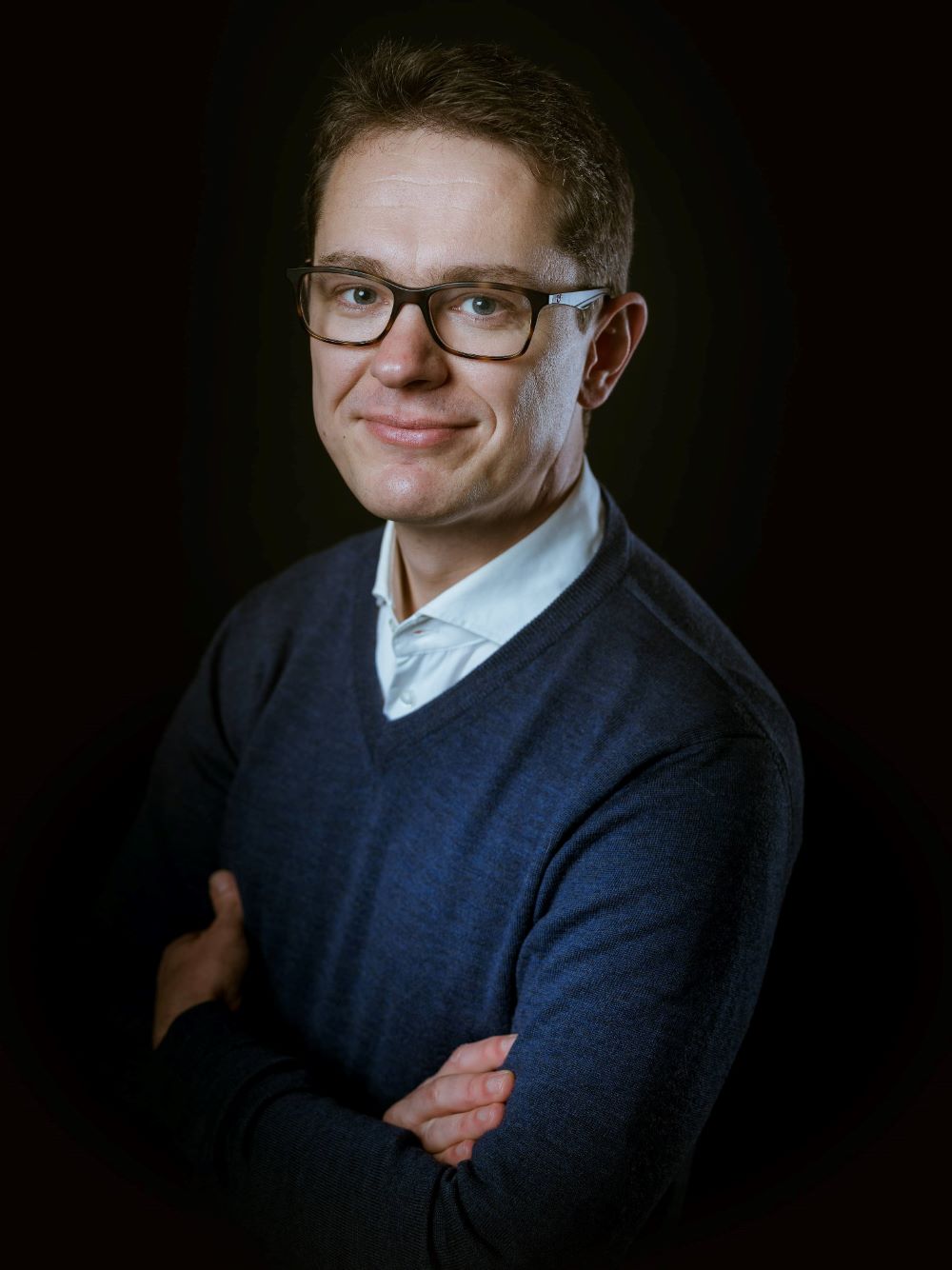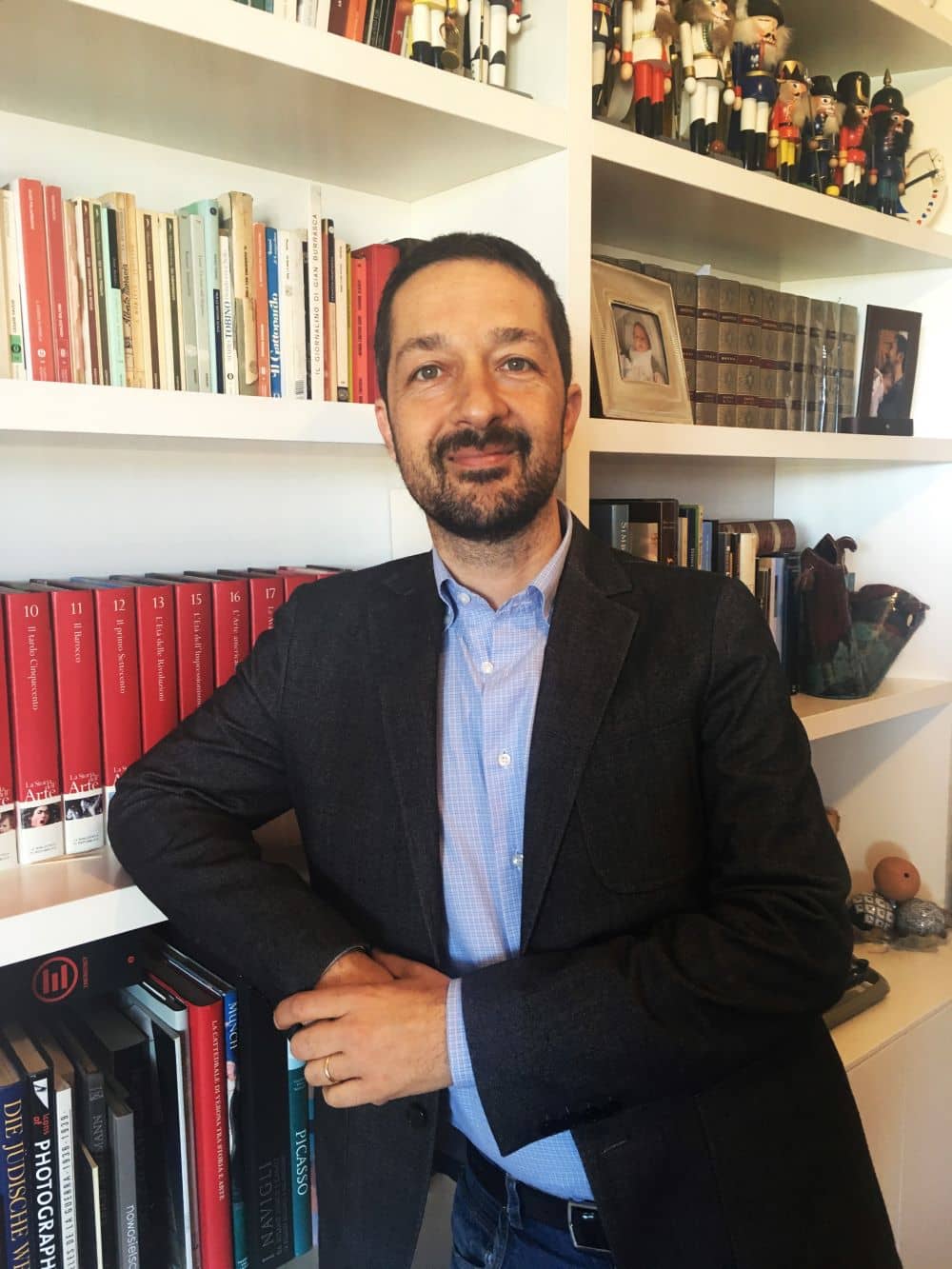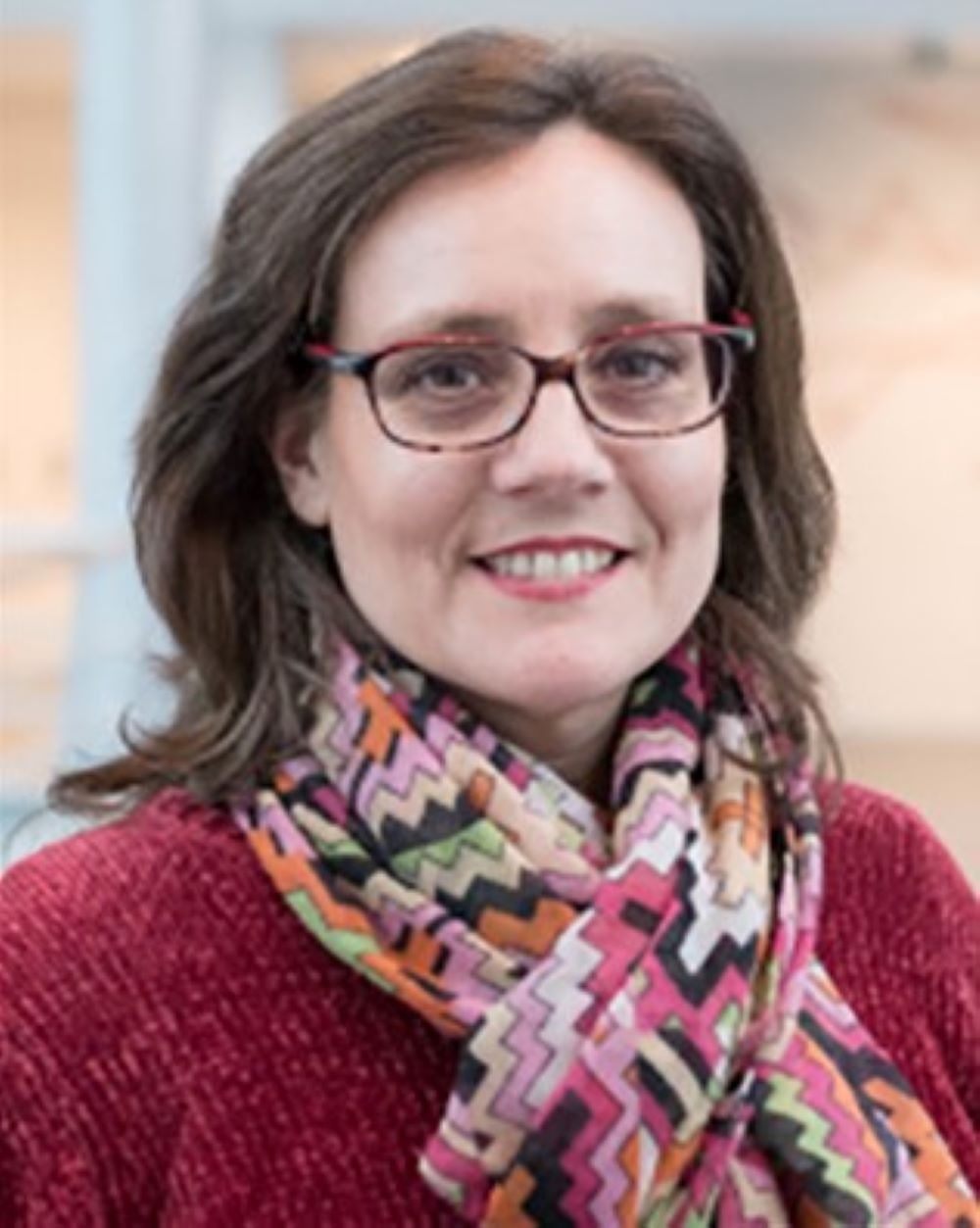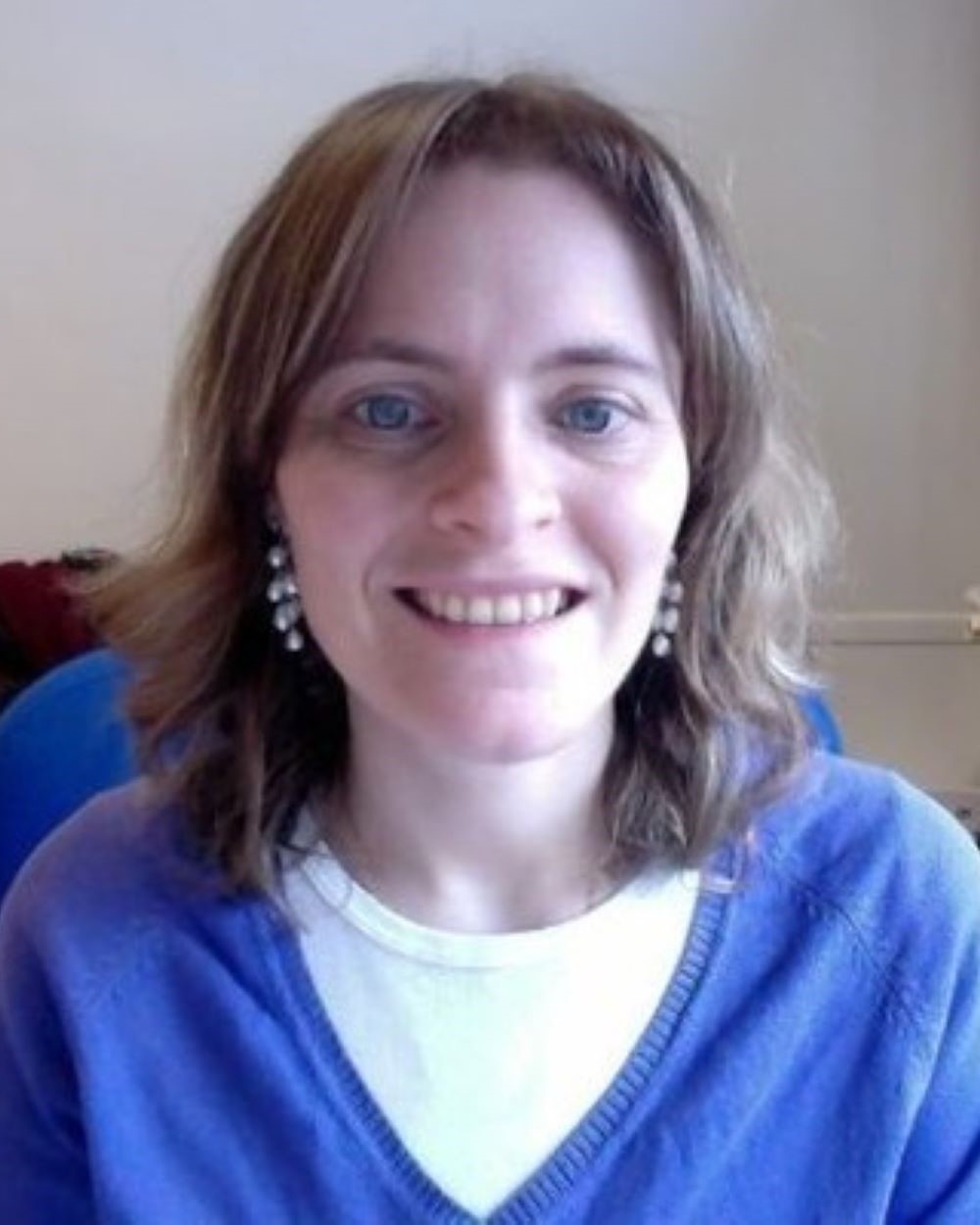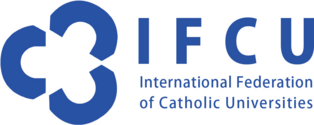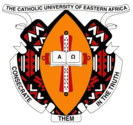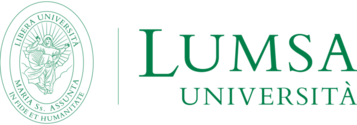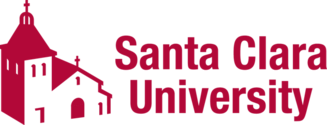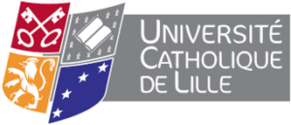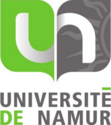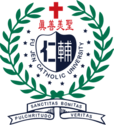NHNAI network
Lyon Catholic University mobilizes researchers from its Sciences & Humanities Confluence Research Center (labelled “Equipe d’Accueil” by the French state – EA 1598), a multidisciplinary center focusing upon contemporary ethical questions in the fields they emerge (environment, intercultural dialogue, sciences and technology). The main inputs will come from the cluster “Education, people, support,” but researchers from the clusters “Theology, philosophy and religious sciences,” “Culture(s), language, imagination” and “Integral human development, ecology, ethics” will also be involved.
The International Federation of Catholic Universities (IFCU) contributes to NHNAI through its “International Centre for Research and Decision support” (CIRAD) that promotes international multidisciplinary research, as well as its “Foresight Unit” that accompanies IFCU’s members in the transformations triggered by New Information and Communication Technologies (NTIC). Since 1975, CIRAD promoted numerous international research and research-action projects contributing to south-south and north-south cooperation all over the world. CIRAD conducts international surveys and studies and produce publications to support higher education institutions, policymakers and any concerned parties (monographies, reports, white papers, guidelines, policy briefs). The Foresight Unit is devoted to accompanying management teams of member universities through mutations arising with NTIC. The unit produces annual reports upon tomorrow’s professions and upon catholic higher education. It also animates debates and seminars upon jobs transformations and their meaning for education.
The Catholic University of Eastern Africa involves researchers from its faculty of science and its department of psychology as well as experts in theology (moral theology, pastoral theology and dogmatic theology). NHNAI will also benefit from CUEA connections within the countries of the Association of Member Episcopal Conferences in Eastern Africa (AMECEA).
LUMSA notably mobilizes its research unit “Humanism(s) – languages, cultures, philosophies, societies” and will allow interconnection with “Contemporary Humanism,” a research network and an international and interdisciplinary double-badged PhD program focusing on the study of the notion of humanism through the three main perspectives of Philosophy and Religion, Education, Literature and Social Sciences. LUMSA also involves its research team on “Big Data and cognitive insights for effective administrative law.”
Santa Clara University mobilizes researchers from the Markkula Center for Applied Ethics, which is located in the Silicon Valley and brings the traditions of ethical thinking to bear on real world problems. The staff of the Markkula Center for Applied Ethics includes ethics scholars and practitioners in many fields (Ph.D. ethicists, lawyers, businesspeople, educators, religious leaders, scientists, and journalists).
The Pontifical Catholic University of Chile mobilizes its faculties of Education, Social Sciences, Medicine, Engineering, and Philosophy.
The University Catholic of Lille mobilizes researchers from the research unit “Ethics on experiments, Transhumanism, Human Interactions, Care & Society” (ETHICS – labelled by the French state, EA 7446), which gathers scientists, philosophers and economists to study the technoscientific and socioeconomical transformation of our contemporary world. ETHICS first topic of interest is thus ethics, and more broadly the Human and his embedding in the society and in its environment. Within ETHICS, the chair “Ethics, Technology and Transhumanism(s)” (ETH+) will be more directly involved. This research team conduct a critical analysis of ethical and societal stakes raised by transhumanism. Its research fields are the following:
-
- History of transhumanism, analysis of its different streams and actors
-
- Influence of transhumanism upon our conceptions of the notions of subject, health, performance, and human flourishing.
-
- Ethical questions raised by new technologies (AI, robotics, prosthetics, human-machine interfaces, genome edition techniques).
-
- Ways of production of beliefs upon sciences and technologies, and their impact upon our behaviours and societal choices.
The Centre for Ethics, Technics and Society (CETS) attached to University Catholic of Lille’s engineer school (ICAM). The CETS focuses upon the critical study of new technologies (AI, Nuclear wastes, GMOs, Nanotechnologies, …) in their philosophical, ethical and political dimensions as well as upon engineering philosophy and ethics.ed.
The Catholic University of Portugal mobilizes its “Catolica Research Centre for Psychological, Family and Social Wellbeing” (CRC-W), an interdisciplinary research unit in the School of Human Sciences (Universidade Católica Portuguesa). It comprises PhD faculty members and external experts from the scientific areas of Psychology, Social Sciences and Education. CRC-W focuses upon individual, family and social wellbeing. NHNAI will also benefit from interactions with UCP’s new institute called the “Digital Ethics Laboratory” (Labortorio da Etica Digital – LED).
The university of Namur contributes to NHNAI with researchers from two of its research institutes: Namur Philosophical Space (ESPHIN) and Namur Digital Institute (NADI). ESPHIN is a transdisciplinary space open to the outside, dedicated to encourage original research around the topics of its two founding departments: Philosophy at the Faculty of Philosophy & Letters and Sciences-Philosophy-Society at the faculty of Sciences. In synergy with other entities, the researchers aim at the emergence of new topics in the key areas of philosophy like anthropology, ethics, aesthetics, epistemology, logics and metaphysics. In NADI, researchers bring innovative solutions to the new societal challenges resulting from the digital revolution (eGov, eHealth, eServices, Big Data…). Researchers in different fields combine their skills in computer science, technology, ethics, law, management and society. They address issues such as software and systems, innovation and services, collaborative economy, artificial intelligence, security and privacy or technology and society. Namur Digital Institute (NADI) hosting research on the challenges generated by the digital revolution in sectors such as health, economy, and governance.
Fu Jen Catholic University mobilizes notably its college of medicine and its department of philosophy
Notre Dame University involves academic experts from the Technology Ethics Center, which promotes multidisciplinary research on social and ethical questions relating to technology.
Meet Our Coordination Team
To ensure successful operation, NHNAI relies on a strong coordination team that, in addition to the project coordinator and research engineer, includes a leader for each of NHNA’s 4 Activities.
